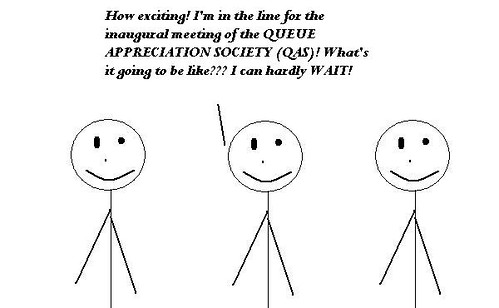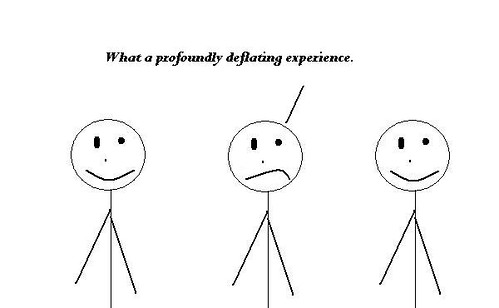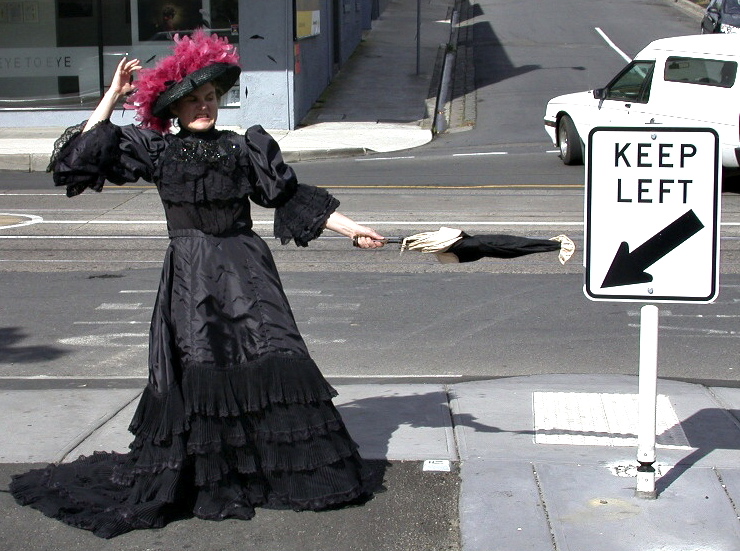But sometimes, amidst the hustle and bustle of this modern life, we must occasionally prepare ourselves a decent meal. Which is just what I plan to be doing. In the next hour, I shall be cooking a potato: indeed, it's on the stove at the moment - the water's just heating up. It makes a nice metaphor, really: in this fast-paced modern world, shouldn't we all set aside some time for a potato?
I'll let you know how it goes.

This is not my potato - it's just a sample potato I found growing on the internet. Perhaps when the time is ripe, a person will come along and boil this potato too. I'm sure it will make them very happy.
POTATO UPDATE 1! - The water has just reached boiling point. If this potato had feelings, I imagine it would be feeling a lot of pain right about now. Also, if the potato had a mouth and could speak, it would probably be screaming in agony. "HEEEEEELLLLLP MEEEEEEE!!!!" it would be saying.
POTATO UPDATE 2! - Waiting for this potato to be boiled is a little boring.
Have you or a family member had a special time with a potato? Please share your precious potato stories and experiences in comments.
RANDOM POTATO FACT! - The conflicting economic philosophies of the 20th century can be easily summarised with reference to potatoes. Under communism, every man is entitled to one potato; and the government concerns itself with equitable division of all the potatoes in the land. Under socialism, every man is entitled to two potatoes, although this number drops down to half a potato in times of hardship. And under capitalism, there is no regulation on the amount of potatoes a man can cook and eat - so long as they earn the potato themselves, through their own hard work and labour.
Ask any economist and they'll tell you I'm right.
POTATO UPDATE 3! - In a dream once I thought I was a potato. Then Mae West appeared and began to stroke my dusty carapace in a sensuous manner. I was wearing nothing but my pyjamas at the time. It was a very disturbing potato dream.
By the way, lightly fried onion goes well with potato, doesn't it?
POTATO UPDATE 4! - Potato's boiling away very nicely. I can't wait to sink my teeth into it.
POTATO UPDATE 5! - I just added some mushrooms and steak to the frying pan. When the steak was seared on both sides, I made a little sauce by adding some beer and turning it down to simmer. Although this, of course, is all as a side dish to have with the potato. Speaking of which, I think the potato is almost ready, but you can never be sure. I'm getting hungry ...
By the way, I had been planning to see a film tonight, but this potato seems to have taken precedence. Not that I regret it. We have spent a very special time together, this potato and I.
POTATO UPDATE 6! - The potato is boiled! Thank you all for being with me during this very special, and dare I say, formative experience in my life. I shall cherish it always.
POTATO UPDATE 7! - I have just eaten the potato; it was delicious. Did you know that there have been many famous poems written about potatoes?
Shakespeare loved them:
Shall I compare thee to a summer's potato?
Alan Ginsberg had a somewhat fraught relationship with food-stuff of a vegetable matter, as did his fellow beatniks:
Howl (Of a Potato)
I have seen the best potatoes of my generation dragged starving, hysterical, naked
The Bible has the following stern injunction:
Go to the potato, thou sluggard: consider its ways, and be wise.
When introduced to potatoes by Coleridge, Wordsworth wrote the following masterpiece:
Surprised by potatoes! Impatient as the wind -
I turned to share my transport - but with whom?
But thee - fast buried in the silent tomb,
That spot which no mere boiled root could find ...
And of course, we should never forget Coleridge's immortal contribution to potato literature, 'The Rime of the Ancient Potato'.






















